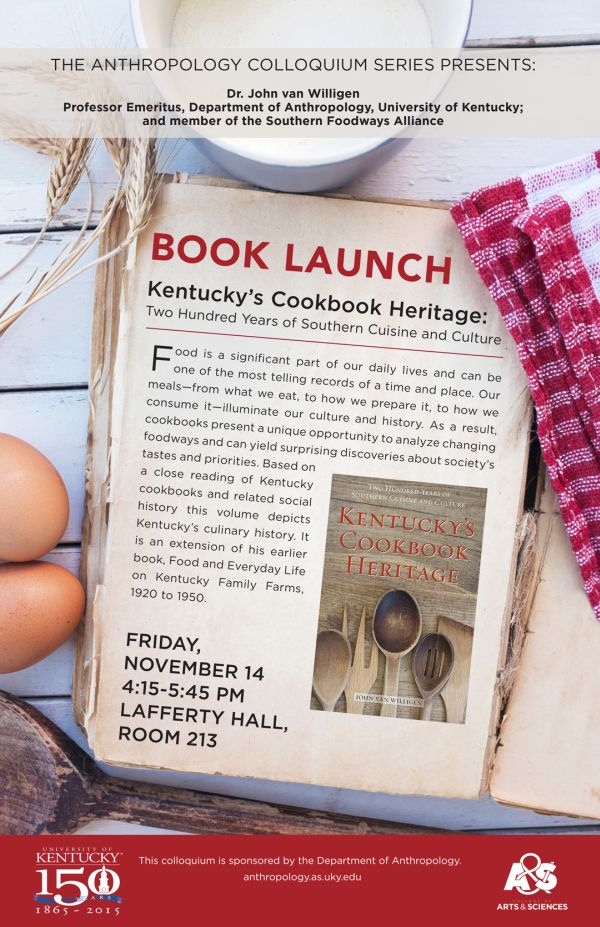SWAP Meeting with Iryna Galushchak: "Economic, Ecological and Cultural Influences on Regional Development in the Ukrainian Carpathian Mountains"
The UK Appalachian Center welcomes Iryna Galushchak, Professor of Economics at Precarpathian National University for a SWAP (Sharing Work on Appalachia in Progress). Dr. Galushchak will be giving a talk entitled: Economic, Ecological and Cultural Influences on Regional Development in the Ukrainian Carpathian Mountains. This is a free event for UK Students, Faculty, and Staff and will be held at the UK Appalachian Center from 12 p.m. to 1:30 p.m. on Friday, February 6, 2015.

